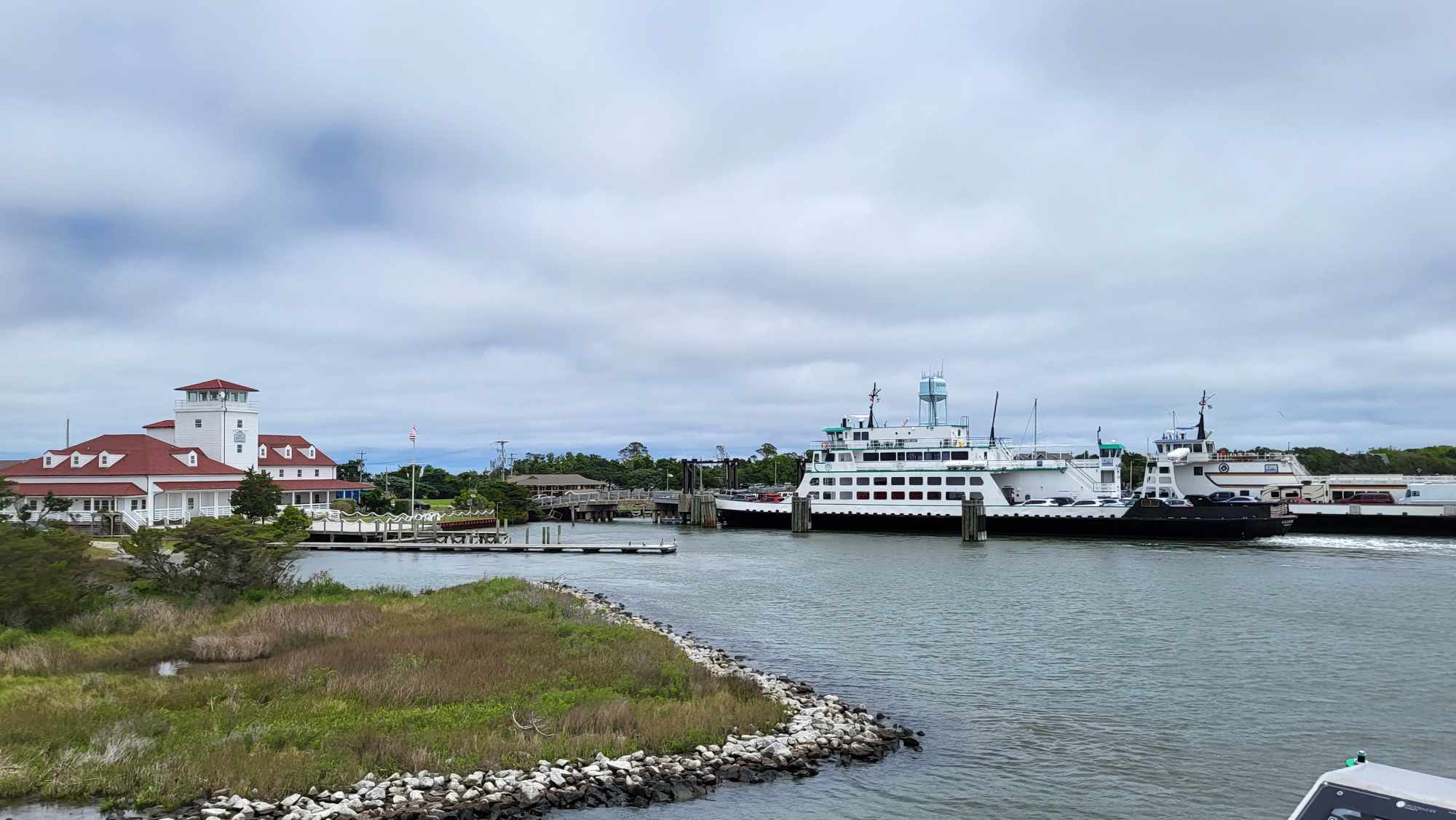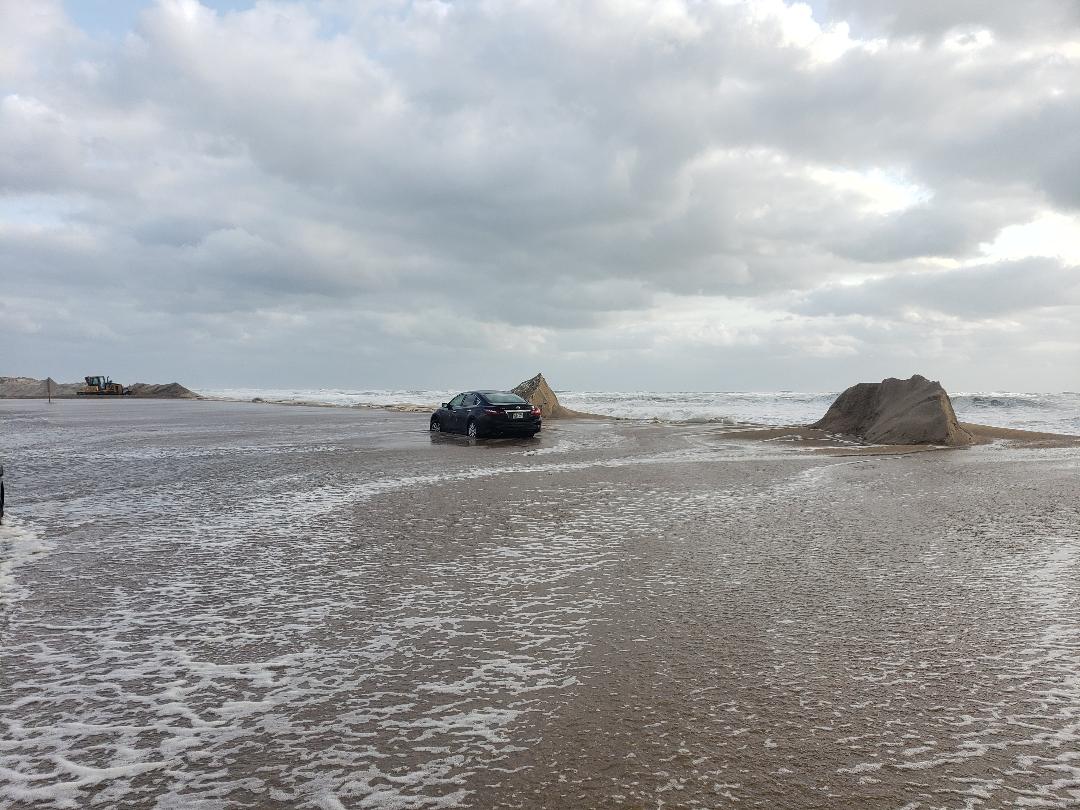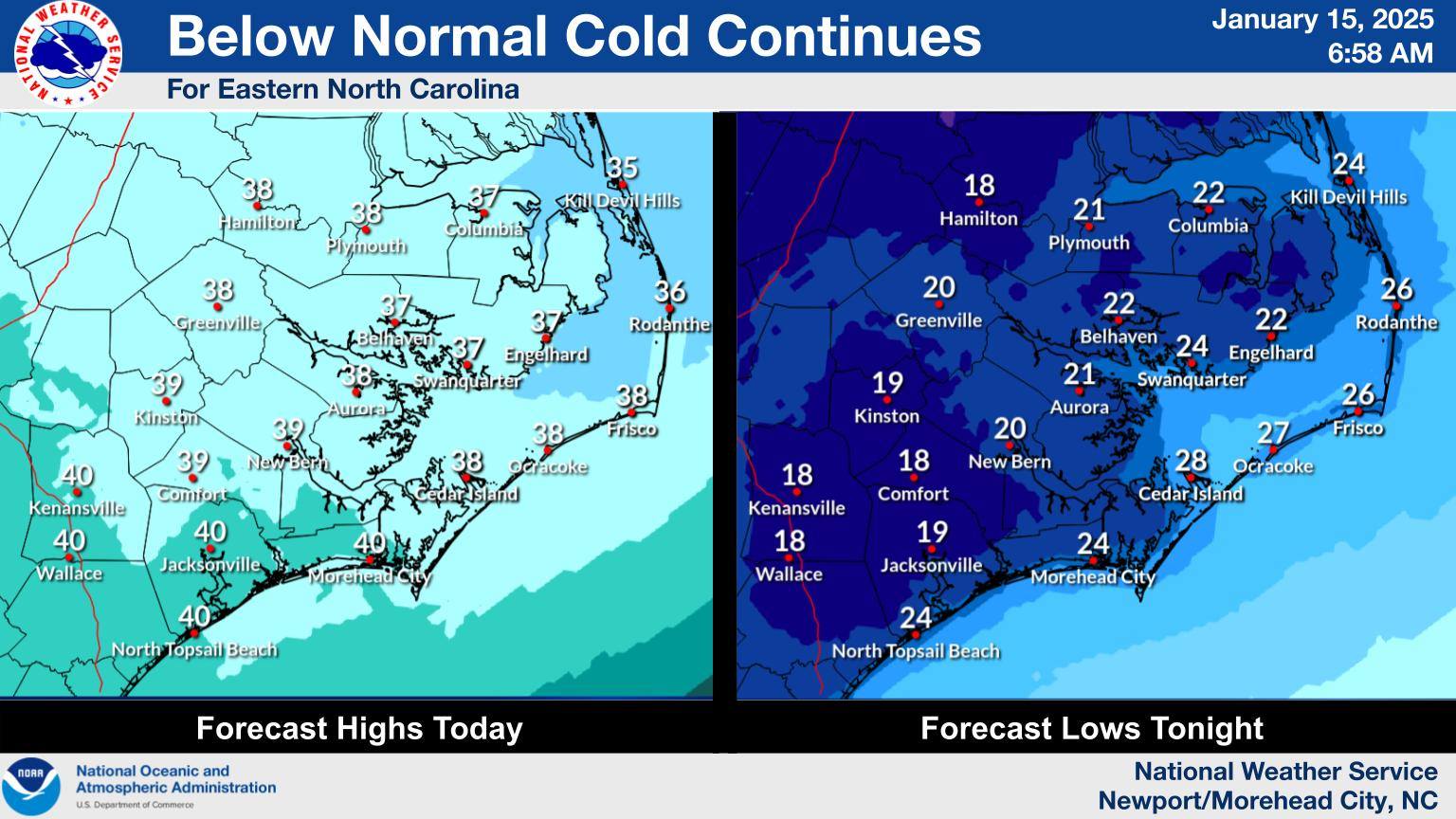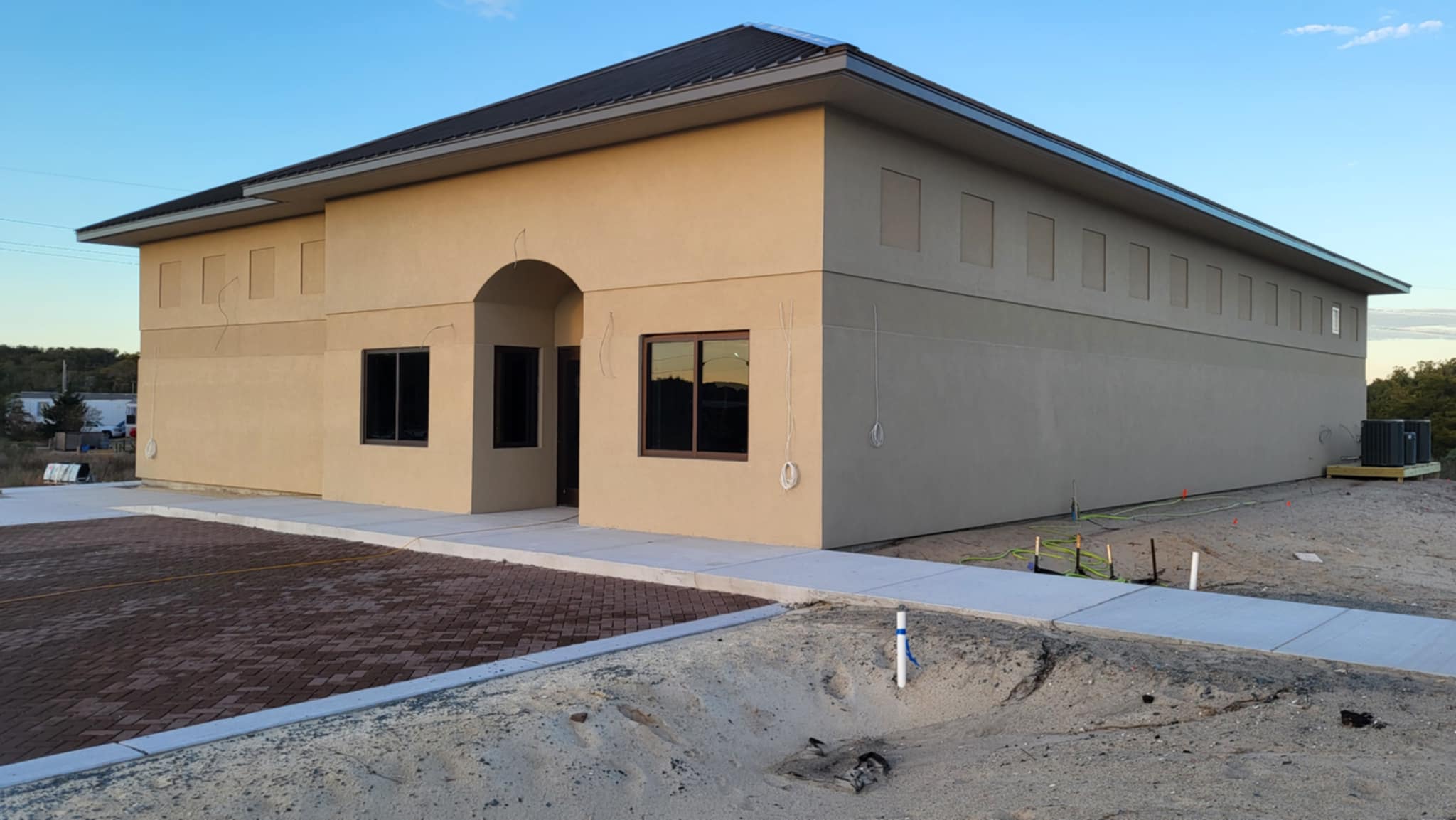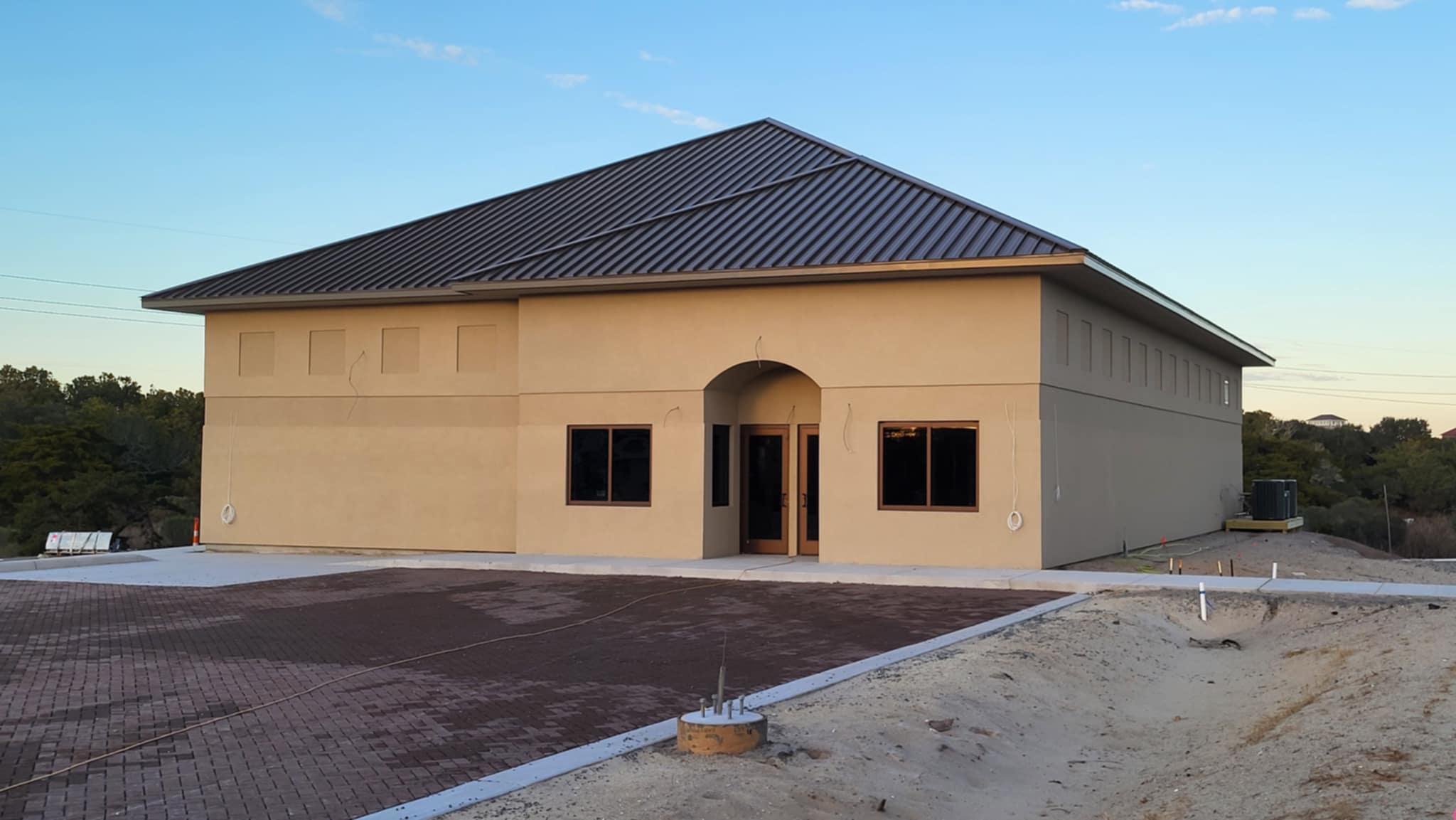DOT says budget provision wouldnot affect Bonner Bridge replacement
The North Carolina Department of Transportation today clarified a provision in the state’s final proposed budget that applies to repairing and replacing coastal highways and bridges.
The provision allows the governor to issue an executive order to waive requirements for state permits for the repair, protection, safety, or replacement of certain roads and bridges that are damaged by “events leading to the declaration of a state of emergency.”
Nicole Meister, DOT’s communications manager for strategic initiatives, said today that the provision would not apply to the current plan to replace the aging and decrepit Herbert C. Bonner Bridge over Oregon Inlet, which is being challenged in the courts.
“Under the budget provision,” she said, “a state of emergency issued by the governor would allow repairs of major coastal roadways to take place as quickly as possible to restore reliable access. The Bonner Bridge would not be subject to this provision should it become law, because all permits for the bridge pre-date the provision.”
The provision is narrowly tailored to apply almost exclusively to the Highway 12 corridor on the Outer Banks.
It gives the governor the emergency powers in the case of “a component of the state highway system that provides the sole road access to an incorporated municipality or an unincorporated inhabited area bordering the Atlantic Ocean or any coastal sound.”
Meister says it would help DOT “streamline” the repair of storm damage to highways and bridges by bypassing the requirement for the department to obtain state permits, but she said obtaining federal permits would still be required.
The Island Free Press reported yesterday — as did many other media outlets — that the provision could affect or speed up the replacement of the Bonner Bridge.
DOT’s plan for the replacement project is being challenged in state and federal courts by the Southern Environmental Law Center on behalf of its clients. The project is currently on hold, pending the outcome of that case.
A decision is expected any day now from the U.S. Appeals Court for the Fourth Circuit on the federal lawsuit, and a hearing is scheduled in state court in November on a challenge to the Major CAMA Permit issued in September 2012.
The latest budget proposal is a $21.3 billion spending plan for the fiscal year that began on July 1. The Senate and House have been wrangling over a compromise for most of this month.
The General Assembly is voting now on the proposed budget. If it passes the House and Senate, the governor will have 30 days to sign or veto it before it automatically becomes law.




